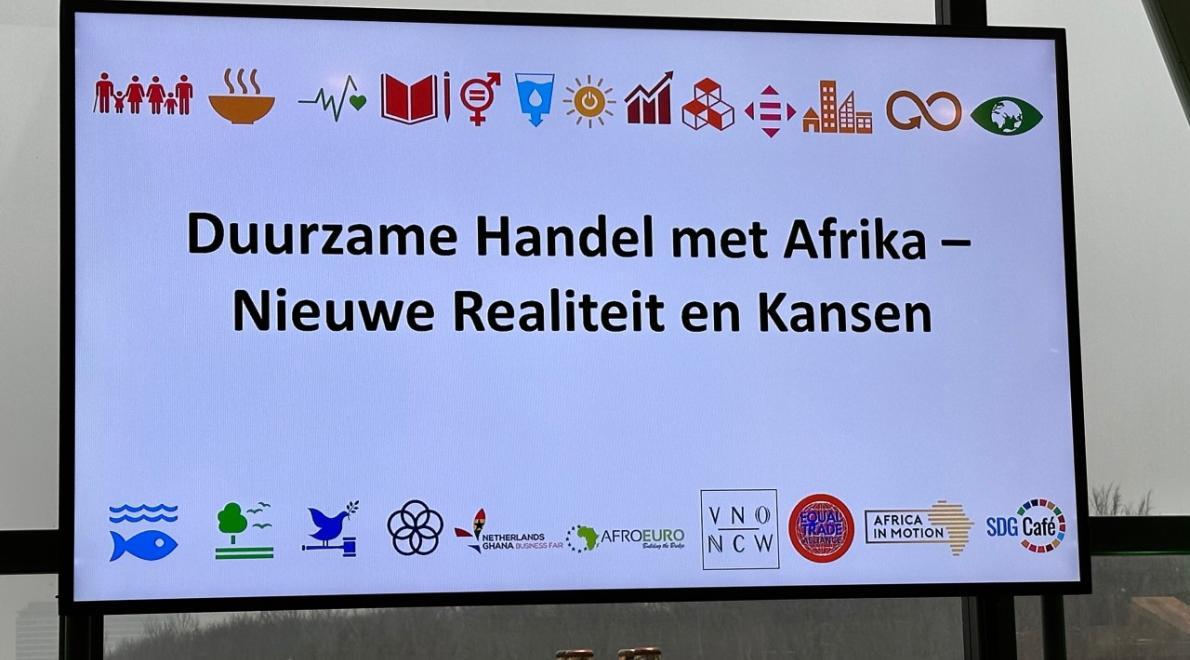Image



The symposium focused on the Corporate Sustainability Due Diligence Directive of the European Union which came into effect on 25th July 2024. I would like to extend my gratitude to the keynote speaker, Mr. Marhijn Visser of VNO-NCW and Carola Baller of the same organization, Mr. Mattijs Renden of NABC Netherlands-African Business Council, Mr. Vincent Gambrah , and Mr. Max Koffi for sharing their valuable insights.
While the directive has noble intentions, our position at FamotaX. and at Jaequitas is that we believe it may ultimately lead to greater negative consequences for the communities it aims to serve, both in developing/emerging countries and in the EU, thereby defeating its purpose. Thus, an arrow aimed at the stars can still miss its mark and fall to earth with unintended consequences.
Here are three main reasons from both perspectives:
Increased Compliance Costs: The directive imposes significant costs on suppliers, especially SMEs and small farmers. For instance, a small-scale coffee farmer from #Uganda may struggle to afford the compliance and stringent due diligence requirements. These farmers often lack the financial resources and technical expertise to implement comprehensive environmental and human rights assessments. The additional costs could make it unfeasible for them to continue exporting to the EU, potentially leading to a loss of income and market access.
Trade Barriers: Stringent requirements are likely to act as trade barriers, making it difficult for countries to export their products to the EU. This could lead to increased unemployment and poverty. For example, a textile manufacturer in #Egypt might find it challenging to comply with the directive's requirements for transparency and traceability in their supply chain. The associated costs and complexities could act as a barrier to trade.
Resource Strain: The directive may strain the limited resources of developing countries, as they often lack the necessary infrastructure and expertise to meet the stringent due diligence requirements. A mining company in #Ghana may face difficulties in meeting the directive's obligations due to limited access to technology and skilled personnel. The company might need to invest in new systems and training to ensure compliance, which could strain their already limited resources. This could divert funds from other critical areas, such as safety improvements and community development projects, ultimately impacting the company's overall sustainability efforts.
In our next post, we will share our insights regarding our reservations about this directive from the perspective of EU countries.
In fine, I would like to thank Mr. Jos Walenkamp and Mrs. Thea Fierens and their team at the #SDGCAFÉ for being great hosts and for creating spaces such as these where perspectives can be exchanged, learning and growth can take place.

With over 15 years of experience as a seasoned business consultant, Jimmy advises clients across Europe, Africa, the Gulf Area, Southeast Asia, and Latin America. He specializes in sectors such as agriculture, horticulture, oil and gas, hospitality, education, mining, and fintech. Based in the Amsterdam area, he brings strategic insights and expertise to individuals and organizations seeking to establish activities in the Netherlands or expand within these regions. In addition to his consulting work, Jimmy is a guest lecturer at universities in the Netherlands, discussing topics related to accounting, finance, auditing, strategic management, business performance, and economics. A sports aficionado, especially football and athletics, Jimmy also has a deep love for old French, English, and Spanish literature. His favourite holiday destination is the Iberian Peninsula, particularly the Costa Brava.